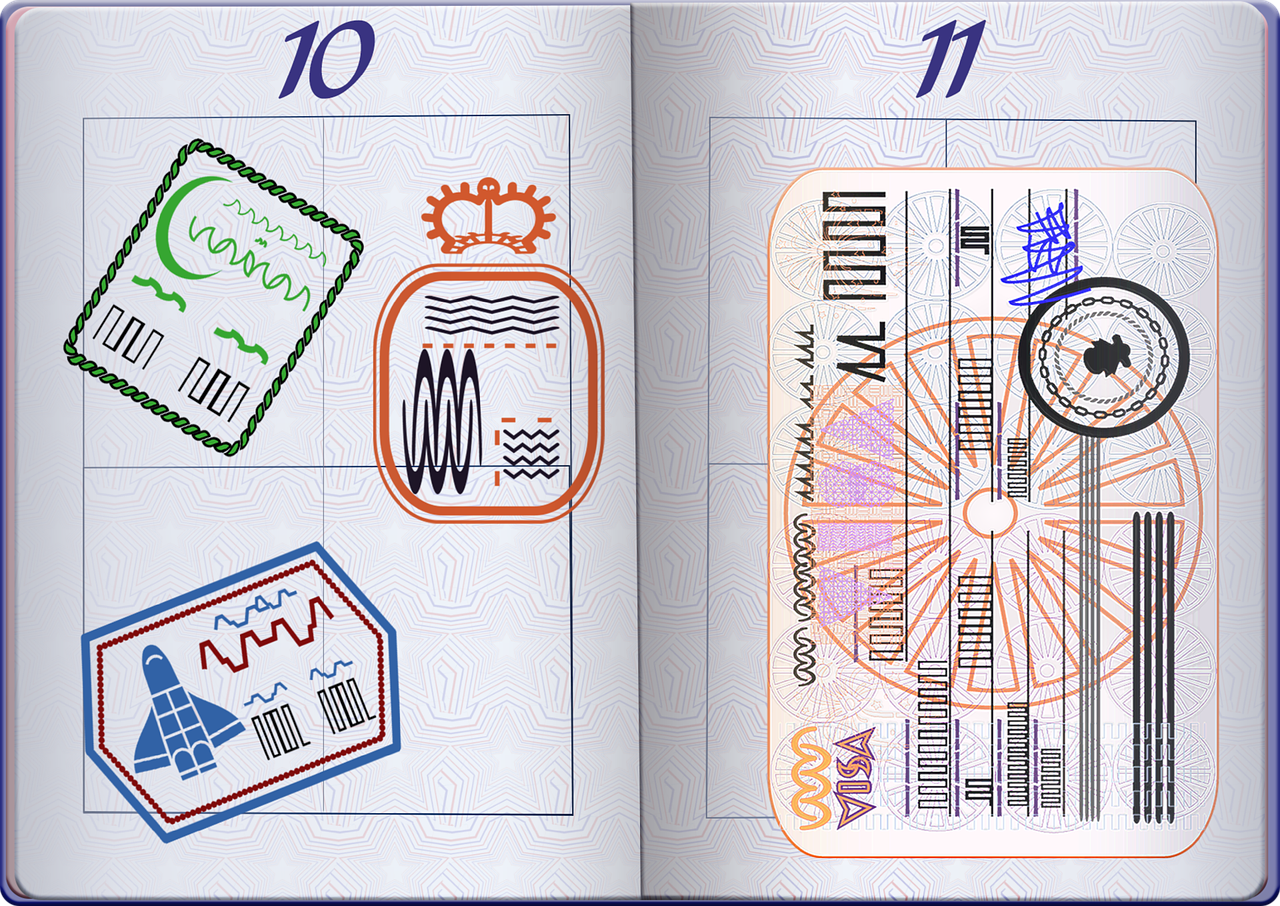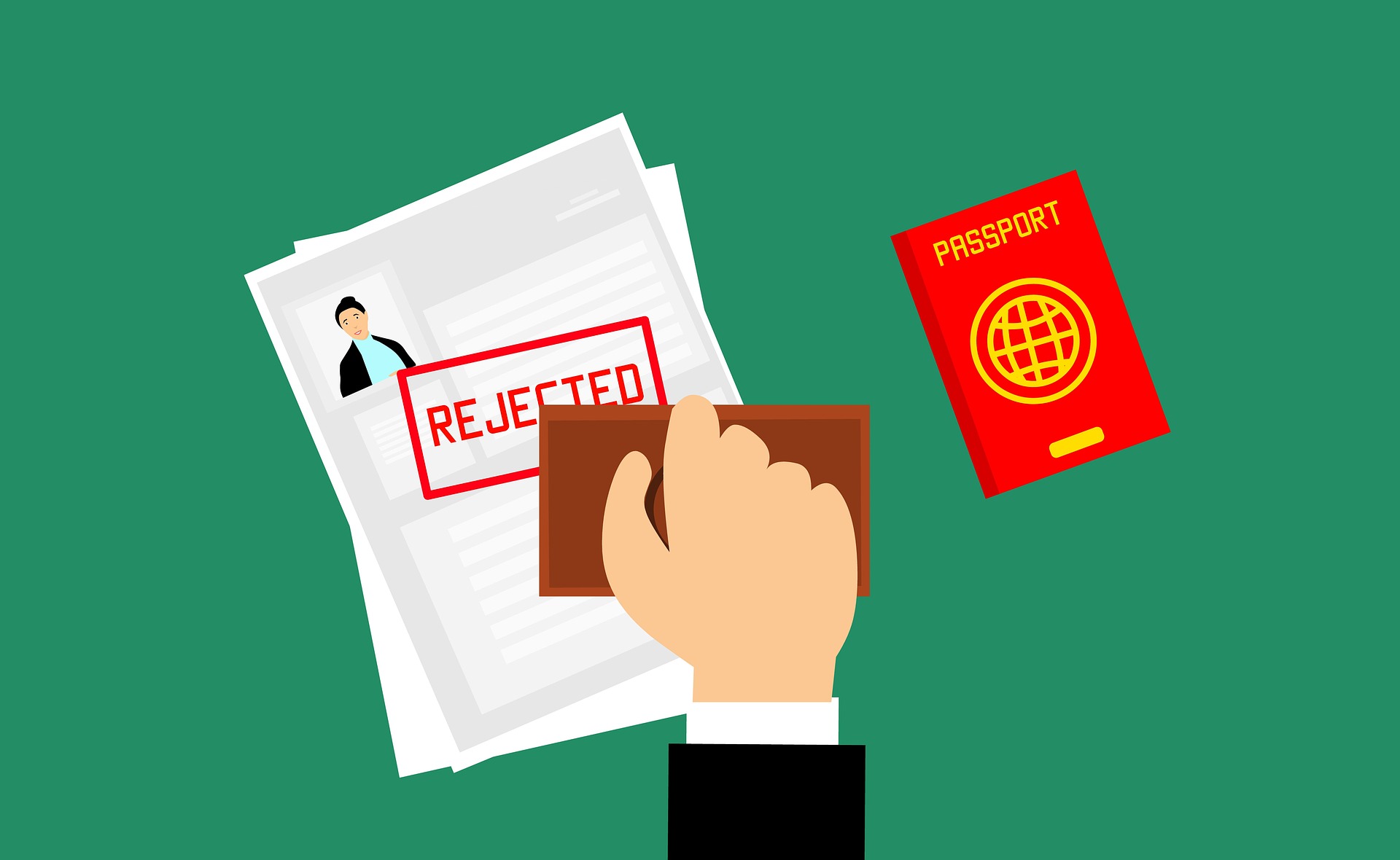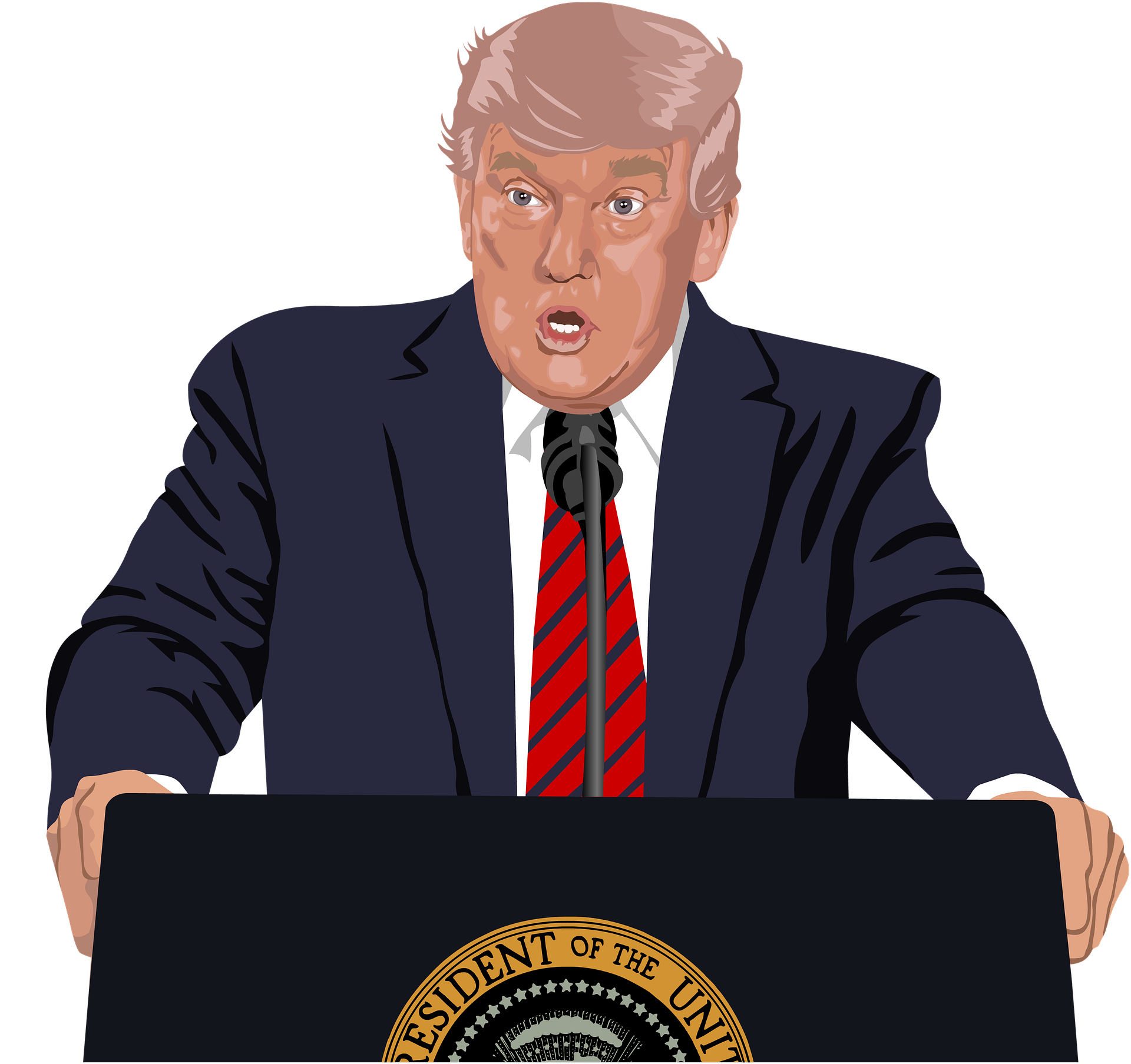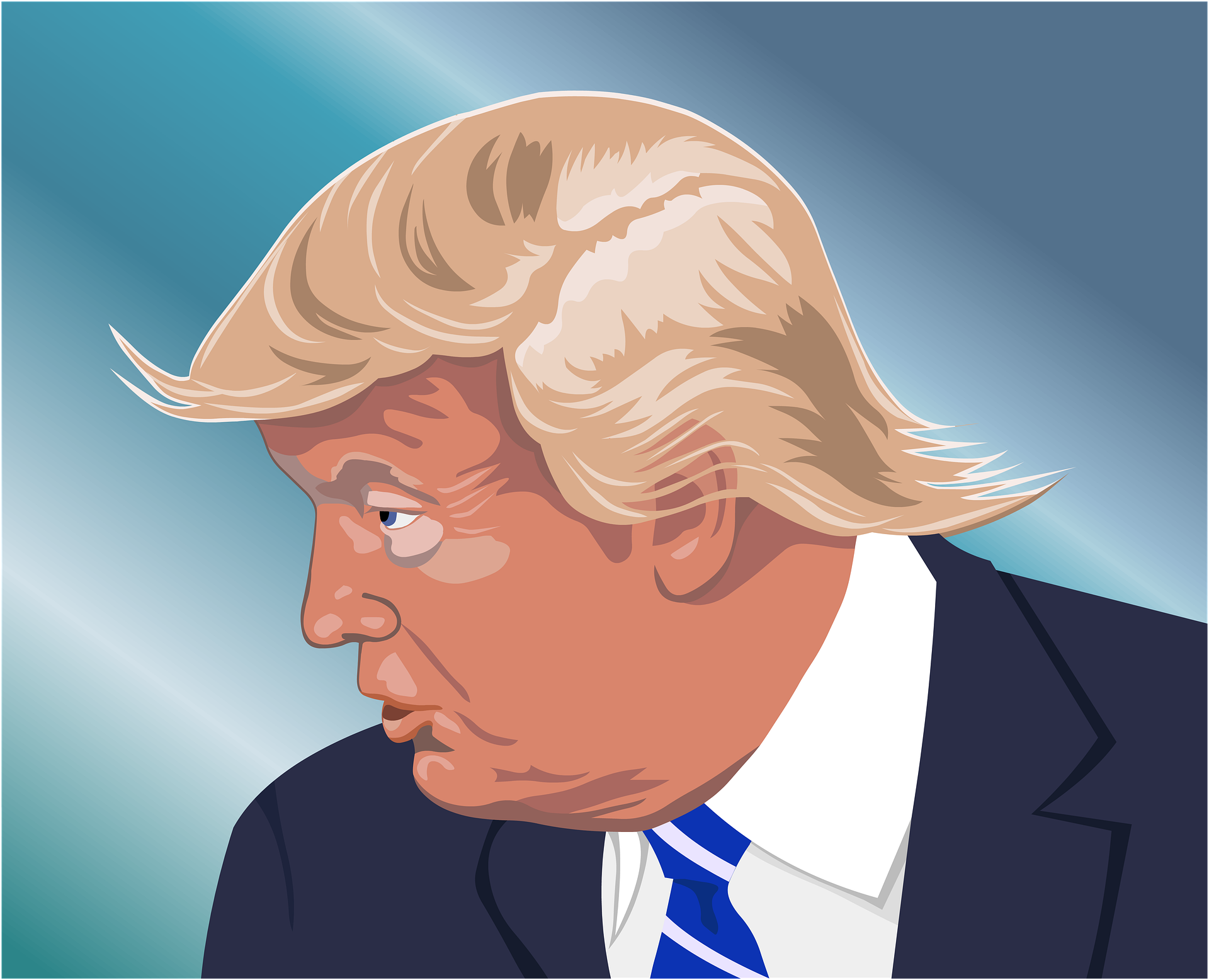In this blog post we share with our readers several new developments in immigration relating to COVID-19.
At a Glance: What’s in This Blog?
- DOS Announces One-Month Extension for Immigrant Visa Medical Examinations
- Phased Resumption of Routine Visa Services
- DOS Releases SEVP Online Course Guidance for F and M Students for Fall 2020
- When will the Presidential Proclamation Suspending Entry for the Schengen Countries be Lifted?
- Are there any National Interest Exceptions for Certain Travelers from the Schengen Area, United Kingdom, and Ireland?
- Are there any National Interest Exceptions to Presidential Proclamations (10014 & 10052) Suspending the Entry of Immigrants and Nonimmigrants Presenting a Risk to the United States Labor Market?
DOS Announces One-Month Extension for Immigrant Visa Medical Examinations
We are pleased to report that on July 24, 2020, the Department of State issued an important announcement confirming that the Centers for Disease Control and Prevention (CDC) have approved a one-month extension for medical examinations conducted between January 1, 2020 and June 30, 2020. As many of you know, medical examinations for immigrant visa applicants are valid for a maximum of six months.
The Department of State has advised applicants (1) who were unable to travel on an issued visa, or (2) who obtained a medical examination but did not receive a visa, to contact the Immigrant Visa Unit of the U.S. Embassy or Consulate that issued or is adjudicating your visa application to determine whether you may be issued or reissued a visa for one additional month. Applicants who are unable to travel within one additional month, should consider waiting until they are able to travel to obtain a new, full validity medical examination and visa.
Phased Resumption of Routine Visa Services
In March 2020 the Department of State suspended routine visa services worldwide in response to the Coronavirus pandemic. On July 14, 2020 the Department of State released information on its webpage notifying the public that resumption of routine visa services will occur on a post-by post basis, in coordination with the Department’s Diplomacy Strong framework to safely return personnel to Department facilities. With that being said, the Department of State cannot provide a specific date for when each Consular post will return to processing at pre-Covid workload levels. Applicants are advised to monitor each individual U.S. Embassy or Consulate’s website for information regarding operating status, and updates on which services they are currently offering.
As always, U.S. Embassies and Consulates will continue to provide emergency and critical visa services.
The DOS has also stated that MRV fees are valid and may be used to schedule a visa appointment in the country where it was purchased within one year of the date of payment.
 Visa Lawyer Blog
Visa Lawyer Blog











